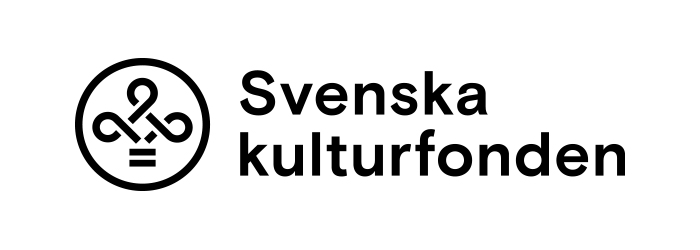
Digital Health Literacy to Increase the Resilience of the Disadvantaged Group
Project Duration: 2021 – 2023
This project aims to increase digital health literacy to increase the resilience of the disadvantaged group (elderly, disabled, stay-at-home mothers) who cannot get out easily in accessing digital skills applied in the health sector. This project develops tools for letting users better manage their health and make their health literate.
Digital health literacy ‘is the ability to seek, find, understand, and appraise health information from electronic sources and apply the knowledge gained to preventing, addressing or solving a health problem’. Digital communication technologies are playing an important role in the health communication strategies of governments and public health authorities during the COVID-19 pandemic. The internet and social media have become important sources of health-related information on COVID-19 and on protective behaviours. In addition, the COVID-19 infodemic is spreading faster than the coronavirus itself, which interferes with governmental health-related communication efforts. This jeopardizes national public health containment strategies. Therefore, digital health literacy is a key competence to navigate web-based COVID-19–related information and service environments.
The overall objectives are to increase digital health literacy to increase the resilience of the disadvantaged group and to get to know the digital health tools used across Europe.
Website | Facebook | Instagram | Newsletter
The project is financed by Erasmus+ KA2: 2021-1-NL01-KA210-ADU-000034096





